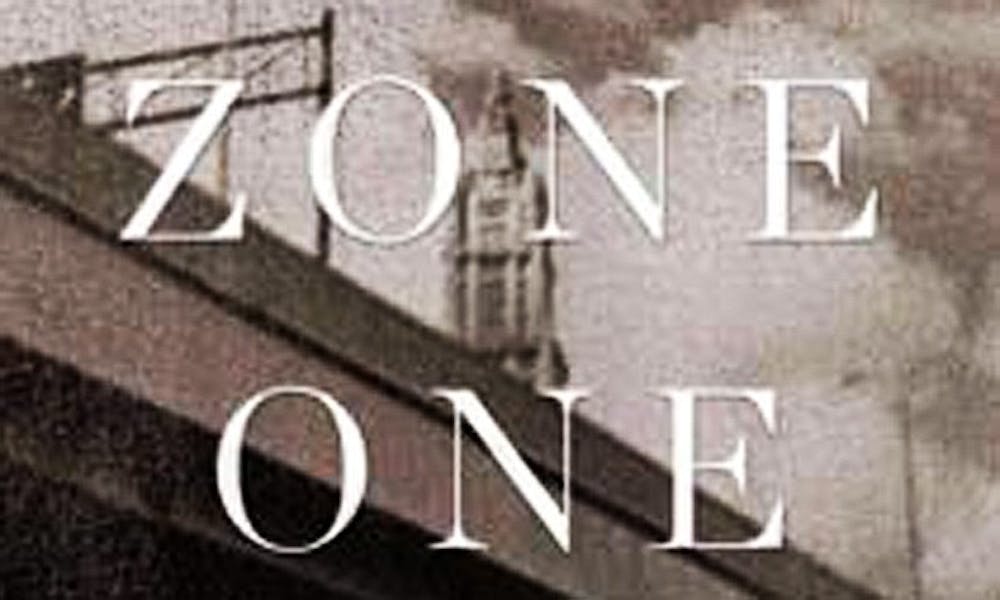The American supernatural obsession du jour has snowballed, in recent years, from vampires (Twilight and The Vampire Diaries, among others) to zombies, with AMC’s horrifying The Walking Dead, a George Romero renaissance and amateur “zombie walks” cropping up all around the country. Hardware stores jokingly advertise checklists to ‘zombie-proof’ your home.
So it was only a matter of time before a book like Zone One, Colson Whitehead’s literary meditation on a zombie apocalypse, appeared on the scene.
The book’s basic premise is intuitive: virus attacks, the infected turn on their loved ones, humanity is reduced to a lawless shamble. In the opening scenes, Whitehead describes the firmly average Mark Spitz (a pseudonym that is explained in due course), and his predicament as a ‘sweeper’ in the ghost town of New York. “Zone One” is a patch of lower Manhattan in which survivors have barricaded themselves against the dead. Mark Spitz is assigned to a three-person civilian unit that clears the city of any remaining zombies, or ‘skels,’ building by building; the Marines having already done the heavy zombie-killing lifting. In an ironic, only-in-fiction move, the government of the reconstruction is in Buffalo, and Manhattan is their priority for resettlement. If the lights of New York can again ‘prick the blackness’ of the apocalypse, there is hope yet.
For the positives: Whitehead is a incredibly gifted sentence-level writer, and he imagines his native New York, at a complete halt, rather beautifully. In the emptied city, “elevators hung like broken puppets at the end of long cables” and “no amateur fascist up the street machinated to steal the next cab.” This noble decay might be an improvement, if not for the cells of undead.
The main issues that limit Zone One have to do with scope: how does one encapsulate a post-lapsarian society and also create meaningful and sympathetic characters, all in about 260 pages? It’s a task that Whitehead tackles by constantly shifting the plot between the present and flashbacks. An encounter with a pack of skels is joltingly interrupted by a reminiscence to Mark Spitz’s pre-Zone days, hoofing it between small camps of survivors. The schizophrenic sequence of events might be Whitehead’s way of suggesting the flimsiness of the new human order. Either way, it effectively destroys both narrative and suspense. A zombie novel needs one or the other.
Furthermore, one never feels comfortable with the protagonist. Mark Spitz it at once a vehicle for Whitehead’s criticism of consumerist America and apparently the most canny of the remaining humans. He is altogether blasé about the rhetoric of reconstruction–the unconvincing ‘American Phoenix’ transitional authority which partners with corporations to sponsor certain scavenged goods. His is a life of failed relationships, so this world of transient security actually suits him. Sympathy being largely absent in Mark Spitz, why should a reader care what becomes of him as he enters the pulsating sea of the dead, alone?
Whitehead valiantly attempts to straddle the precarious boundary of genre and literary fiction, but like his leading man, the end product of Zone One is mediocre.
Get The Chronicle straight to your inbox
Signup for our weekly newsletter. Cancel at any time.

